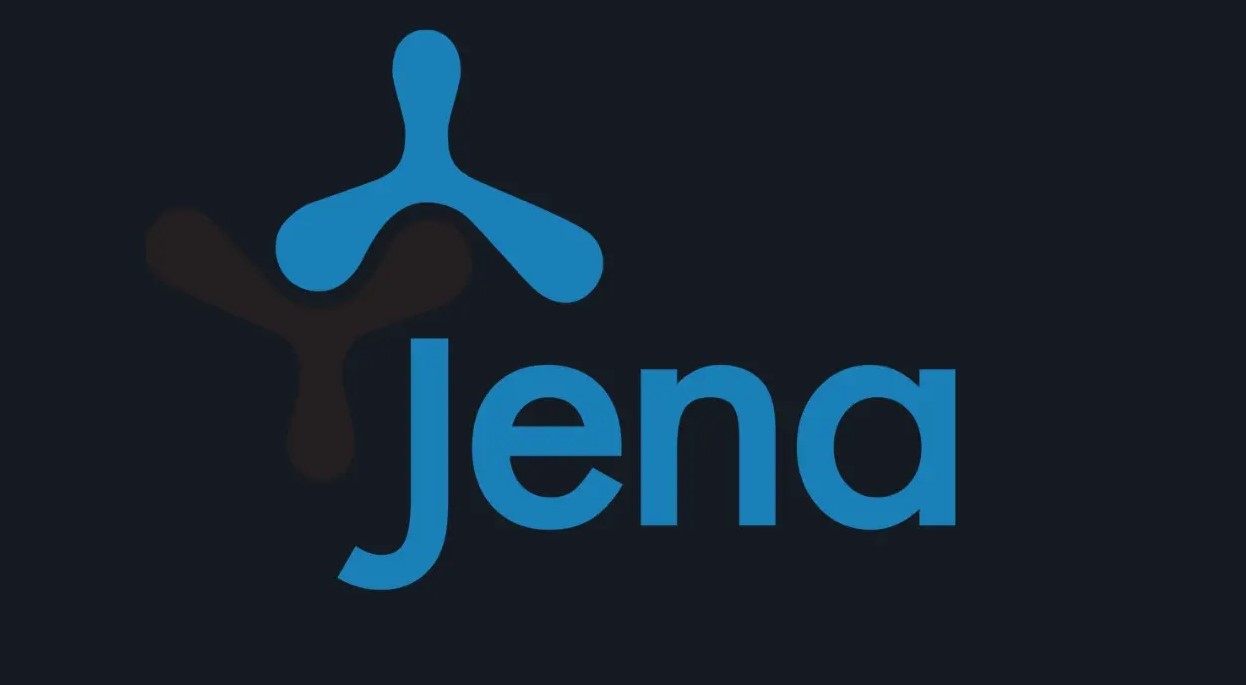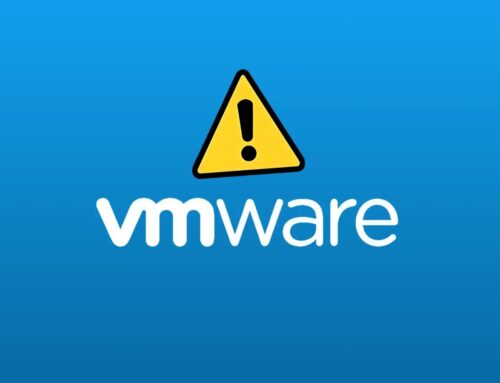
Apache Jena Vulnerability Leads to Arbitrary File Access or Manipulation
Urgent Apache Jena Vulnerabilities: A Critical Threat to Data Integrity
The integrity of data infrastructure is paramount for any organization. When critical components are found vulnerable, immediate action is not merely recommended but essential. Cybersecurity News recently highlighted two significant security flaws discovered in Apache Jena, a widely used open-source semantic web framework. These vulnerabilities, affecting versions through 5.4.0, pose a direct threat of arbitrary file access or manipulation, underscoring the urgent need for an immediate upgrade to version 5.5.0.
Understanding the Vulnerabilities: CVE-2025-49656 and CVE-2025-50151
On July 21, 2025, Apache Jena disclosed two important severity vulnerabilities: CVE-2025-49656 and CVE-2025-50151. While distinct, both share a critical commonality: they exploit administrative access to compromise the integrity of the server’s file system. This means that an attacker, once gaining administrative privileges (which could be through spear-phishing, credential stuffing, or other means), could then leverage these flaws to read, modify, or even delete arbitrary files on the server hosting the Apache Jena instance.
The specifics of these vulnerabilities, while not fully detailed in the initial disclosure beyond their impact, point to flaws in how Apache Jena handles certain administrative operations. Such vulnerabilities often arise from insufficient input validation, improper permission checks, or insecure deserialization within the framework’s administrative interfaces. The outcome, in this case, is severe, allowing an attacker to move from compromised administrative credentials to a full system compromise, impacting data confidentiality, integrity, and availability.
Impact of Arbitrary File Access or Manipulation
Arbitrary file access or manipulation is one of the most dangerous forms of vulnerability. Its potential impact is broad and devastating:
- Data Exfiltration: Attackers can read sensitive configuration files, database credentials, or proprietary application data, leading to breaches of confidential information.
- System Compromise: Malicious actors can modify system files, inject malicious code into applications, or alter application logic, potentially leading to persistent backdoor access or complete control over the compromised server.
- Data Destruction/Tampering: The ability to delete or corrupt critical files can lead to data loss, system unavailability, and significant operational disruption.
- Privilege Escalation: By modifying system binaries or configuration files, an attacker might be able to escalate their privileges from an administrative user to root or system-level access.
For organizations relying on Apache Jena for semantic web applications, knowledge graphs, or data integration, these vulnerabilities represent a direct threat to their data assets and the foundational integrity of their IT infrastructure.
Remediation Actions and Best Practices
Immediate action is critical for all Apache Jena users running versions through 5.4.0.
- Upgrade Immediately: The most important step is to upgrade Apache Jena to version 5.5.0 or later. This version contains the necessary patches to address both CVE-2025-49656 and . Ensure a proper backup strategy is in place before initiating any major upgrades.
- Limit Administrative Access: Reinforce the principle of least privilege for all administrative accounts interacting with Apache Jena. Review and minimize who has access to these interfaces. Implement strong, unique passwords and multi-factor authentication (MFA) for all administrative logins.
- Network Segmentation: Isolate Apache Jena instances on the network. Restrict access to administrative interfaces to trusted IP addresses or internal networks only. Do not expose administrative ports directly to the internet.
- Regular Patching and Updates: Establish a robust patch management policy for all software components, including operating systems, libraries, and applications.
- Security Audits and Monitoring: Conduct regular security audits of your Apache Jena deployments. Implement robust logging and monitoring solutions to detect unusual activity, such as suspicious file access patterns or unauthorized administrative logins.
- Web Application Firewall (WAF): Deploying a WAF can provide an additional layer of defense by filtering malicious traffic and detecting common attack patterns, though it may not fully mitigate internal or authenticated attacks exploiting these specific vulnerabilities.
Tools for Detection and Mitigation
While direct exploits for these specific, recent CVEs might not yet be widely available in generic tools, here are types of tools that are indispensable in a comprehensive security strategy, applicable for detecting and mitigating such vulnerabilities and their consequences:
| Tool Name | Purpose | Link |
|---|---|---|
| OWASP ZAP | Web application security scanner for identifying vulnerabilities in web applications, including potential arbitrary file access vectors. | https://www.zaproxy.org/ |
| Nessus | Vulnerability scanner for identifying known vulnerabilities, missing patches, and misconfigurations in systems and applications. | https://www.tenable.com/products/nessus |
| Metasploit Framework | Penetration testing framework used for developing, testing, and executing exploits. Can be used to test for arbitrary file access vulnerabilities. | https://www.metasploit.com/ |
| File Integrity Monitoring (FIM) Tools (e.g., OSSEC, Tripwire) | Monitor critical system and application files for unauthorized changes, which could indicate arbitrary file manipulation. | https://www.ossec.net/ https://www.tripwire.com/ |
| Security Information and Event Management (SIEM) Systems (e.g., Splunk, ELK Stack) | Aggregate and analyze security logs from various sources to detect anomalous activity and potential attacks leveraging these vulnerabilities. | https://www.splunk.com/ https://www.elastic.co/elastic-stack |
Conclusion: Prioritizing Security in Open Source Frameworks
The disclosure of CVE-2025-49656 and in Apache Jena serves as a potent reminder of the ongoing need for vigilance in cybersecurity. While open-source frameworks like Apache Jena are vital for innovation and development, they are not immune to vulnerabilities. Organizations must prioritize immediate patching, robust access controls, and continuous monitoring to safeguard their digital assets. Staying informed through reliable sources like Cybersecurity News and adhering to vendor recommendations is fundamental to maintaining a secure operational environment.





